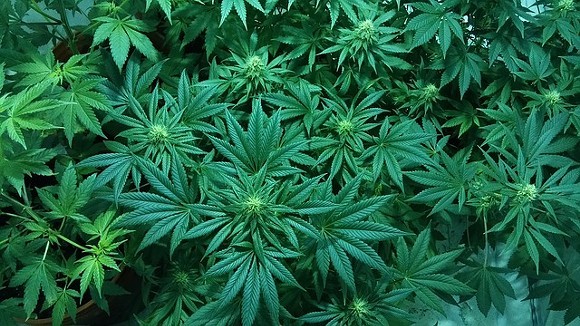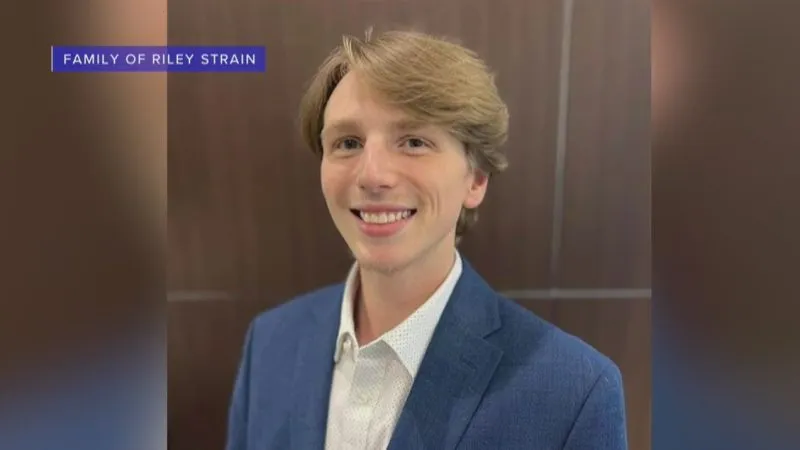By Amanda Thompson
While 11 states across the country have legalized recreational marijuana for ages 21 and older, Florida is still at least two years behind. Cannabis, ganja, Mary Jane, kush, and reefer, are all slang terms used to refer to the same drug: marijuana. Marijuana is federally known by the Drug Enforcement Agency (DEA) as a Schedule I drug alongside heroin, ecstasy, LSD and peyote.
According to http://www.dea.gov, these drugs “have been determined to have a high potential for abuse/addiction and have no currently accepted medical use in the United States, with the exception of marijuana for medical use.” With many nationwide efforts pushing for the legalization of medical and recreational marijuana usage, many wonder: why is marijuana still federally illegal?
“For our generation, I think smoking is equally if not more popular than drinking,” said Katelyn Gfroerer, senior sport management major at The University of Tampa. “It’s such a common thing nowadays, I’m confused why it’s still a federal crime in Florida.”
In November 2016, Florida passed legislation allowing the use of medical marijuana, joining 32 other states across the nation. In order to qualify for a medical card, applicants must have an underlying condition that marijuana is known to help relieve. Approved medical conditions include cancer, Crohn’s disease, and Parkinson’s, just to name a few.
The number of medical marijuana card holders in Florida rose dramatically since the beginning of 2020. As of Friday, Oct. 23, the Florida Office of Medical Marijuana Use reported to have 435,105 qualified medical marijuana patients, an increase of 136,061 patients since their first report on Jan. 3.
After the legalization of medical marijuana, groups such as Make It Legal Florida have been working to collect signatures to put recreational legalization on the 2022 ballot. While they originally planned to have the amendment on this years’ ballot, they were unable to get the signatures needed in time. This means that the amendment will be voted on in a non-election year. Non-election years often bring lower voter turnouts, making the chance of getting the amendment approved much lower, which is the same reason for the rejection of their 2018 amendment.
While many are in favor of legalizing the drug for recreational use for those 21 and older, their degree of support varies. People like Carlos Hermida, who owns Carlos Hermida’s Chillum Glass Gallery and CBD Dispensary, a smoke shop in Ybor City, disagrees with Make It Legal Florida’s amendment for recreational marijuana. In a Leafly article, Hermida shared his reasons for disagreeing with the amendment.
The article states that the amendment is too oriented toward corporate interests and the two big problems are that the initiative doesn’t allow Floridians to grow their own marijuanna.
Though political opinions in the sunshine state have always been complex, even some conservative Republicans have started to see the benefits of legalizing marijuana. Republican Sen. Jeff Brandes of St. Petersburg, Florida introduced a bill at the beginning of this year that legalizes recreational marijuana for adult use and would work to expunge the records of those with lower nonviolent drug offenses. While Florida is on the path to make recreational marijuana legal, there are still thousands of people in imprisoned for nonviolent marijuana charges.
According to The Florida-Times Union, Florida is not immune to this statistic.
As of January, the Florida Senate began working on Senate Bill 346. This bill would reduce prison sentences for non-violent drug related charges, leaving discretion up to the individual judges. Greg Newburn with Families Against Mandatory Minimums says many Floridians are spending too much time behind bars for possession charges, according to ABC Action News.
“They go to prison for 15 years or 25 years because the judge has no discretion,” said Newburn. “We see this over and over again.”
At UT, the number of drug offenses have wavered over the years. According to the Campus Safety Crime Statistics Report in 2018, there were 356 drug law referrals, which includes all drugs – not just marijuana. This number was down to 280 as of last year. Although legalization of recreational marijuana would not change the on-campus restrictions and protocols, it would prevent students from getting written up while smoking off campus. Still, some students say that marijuana is a big part of the Tampa party scene despite current school guidelines.
With the legalization of medical marijuana already passed and recreational marijuana on the ballot in two years, it seems that Florida could be moving toward legalization with the rest of the country.




